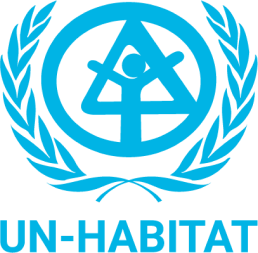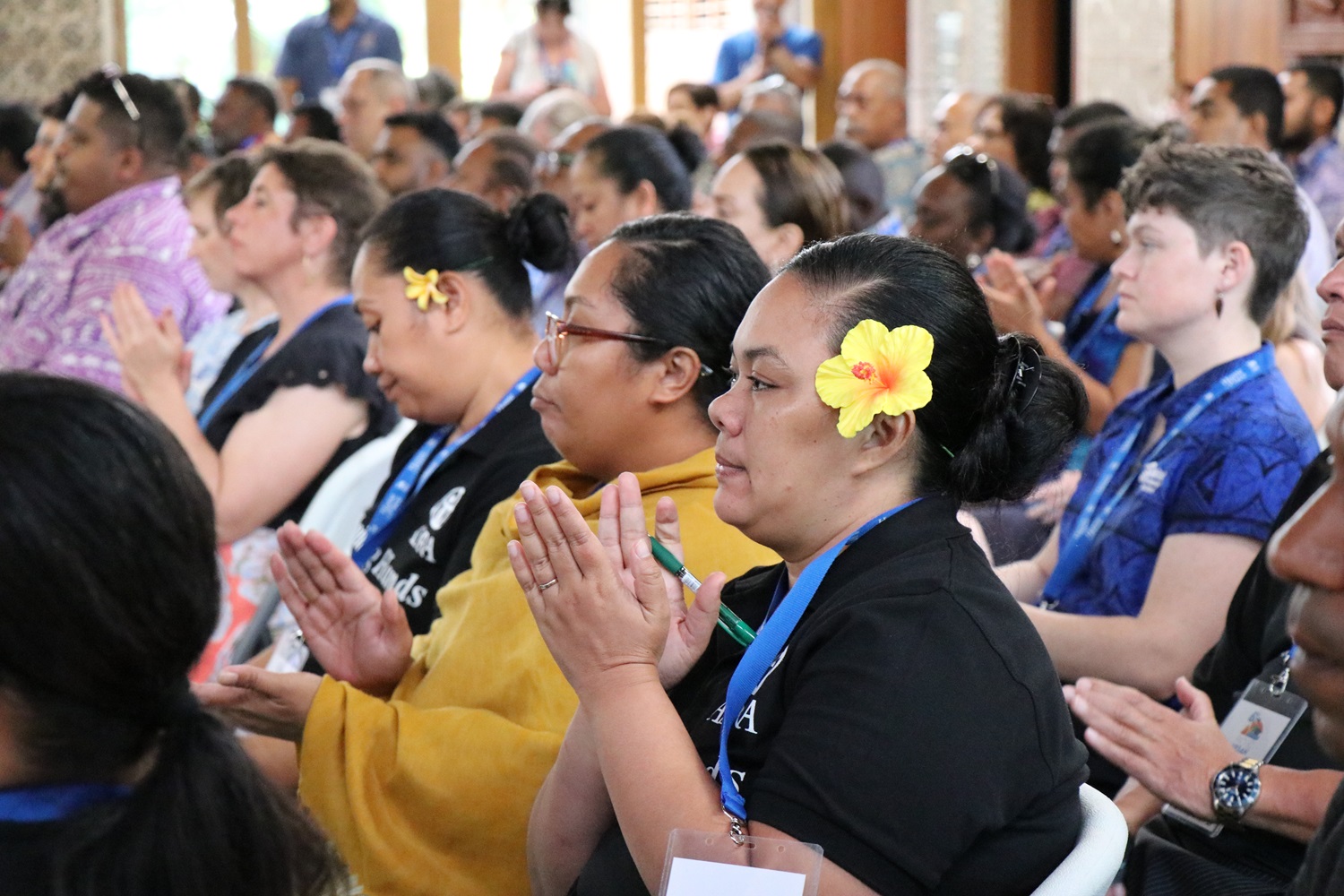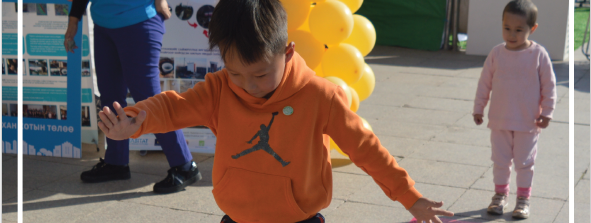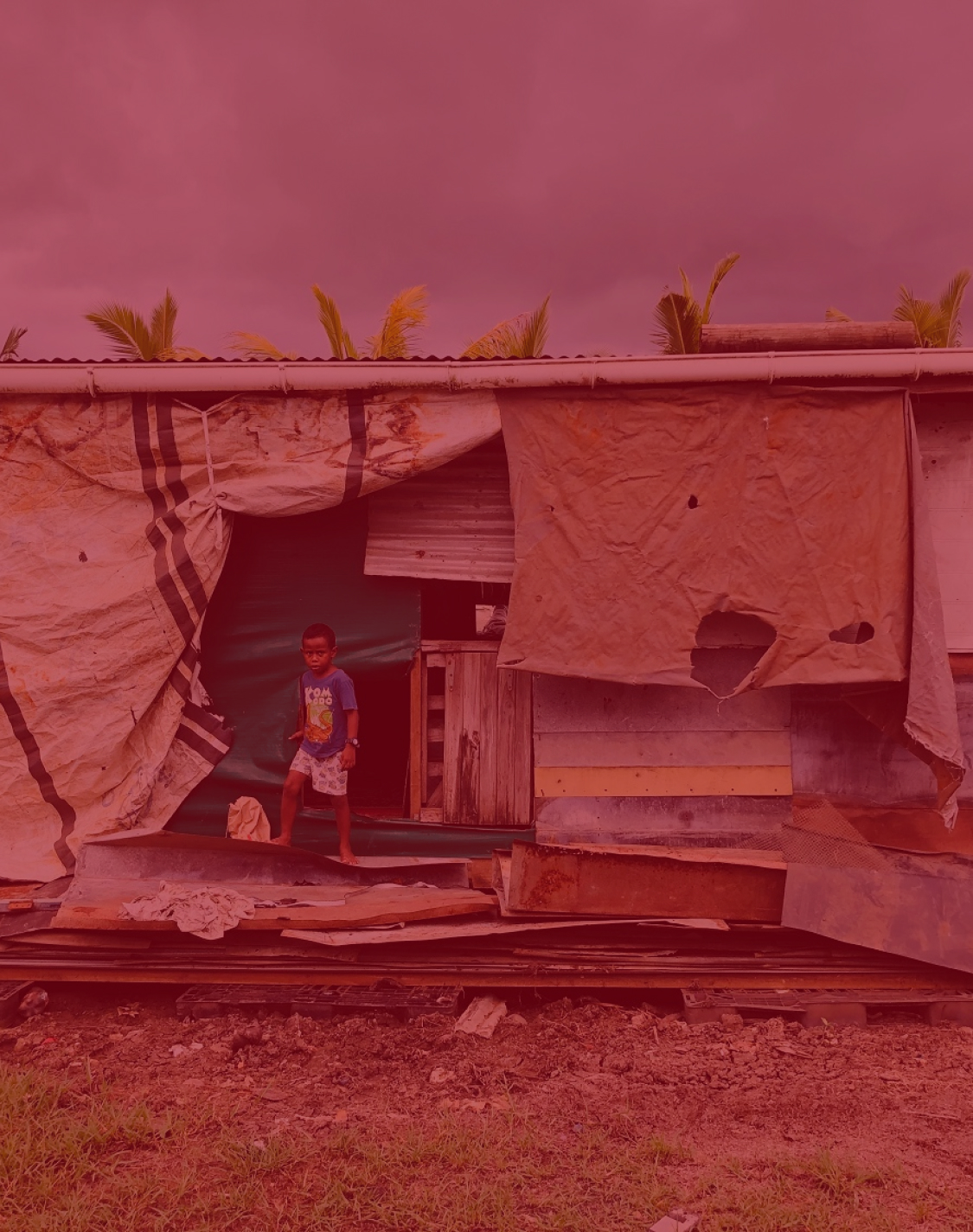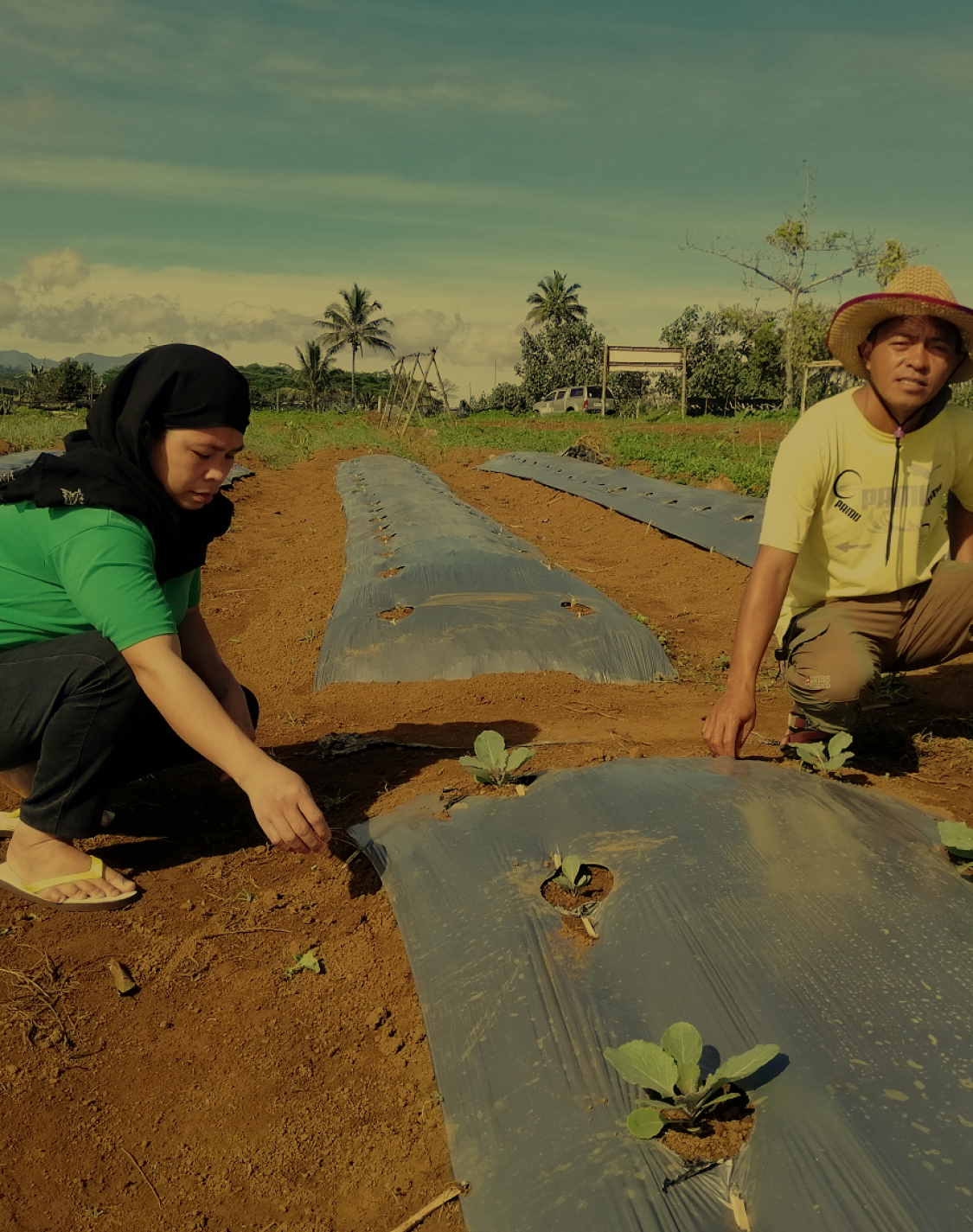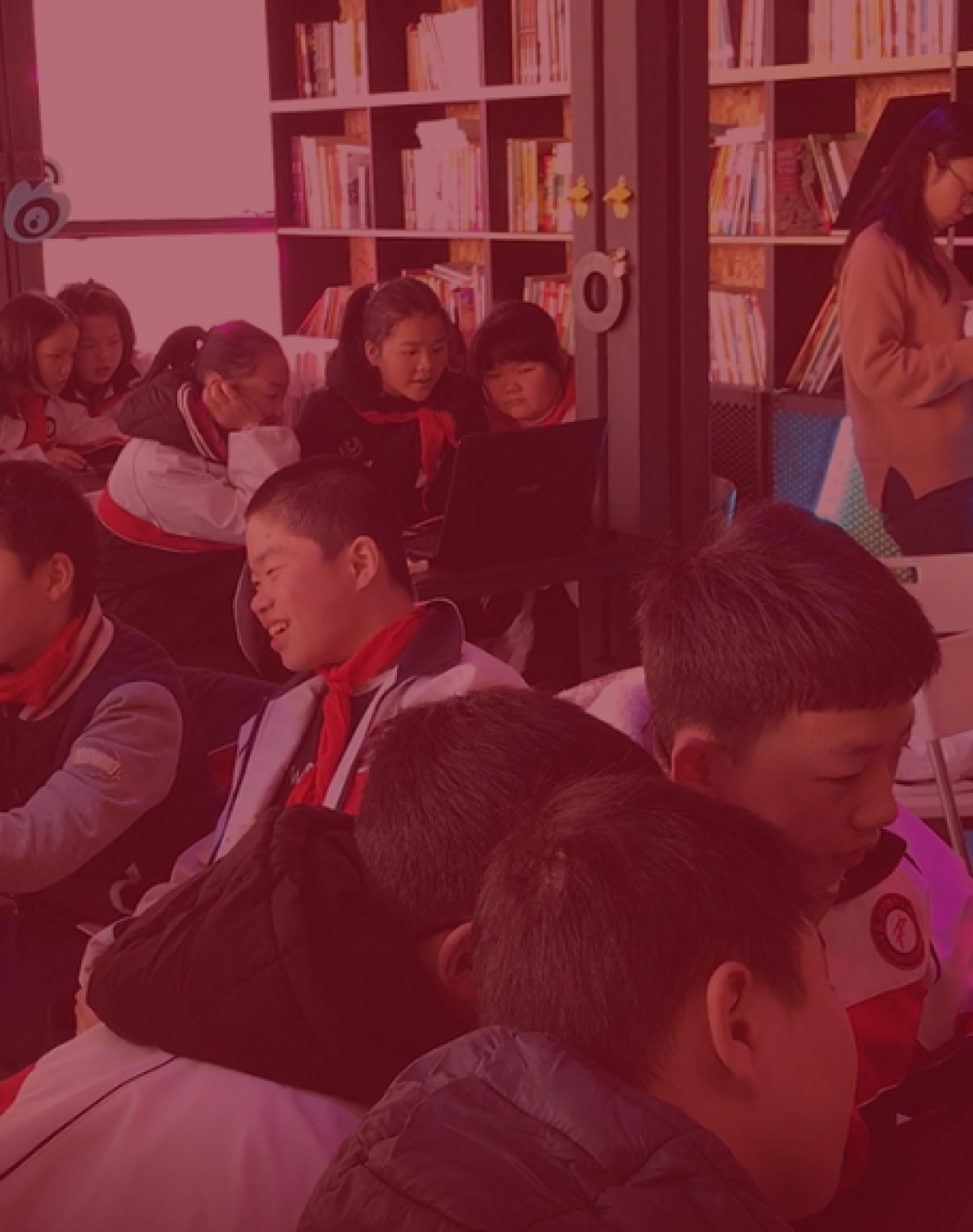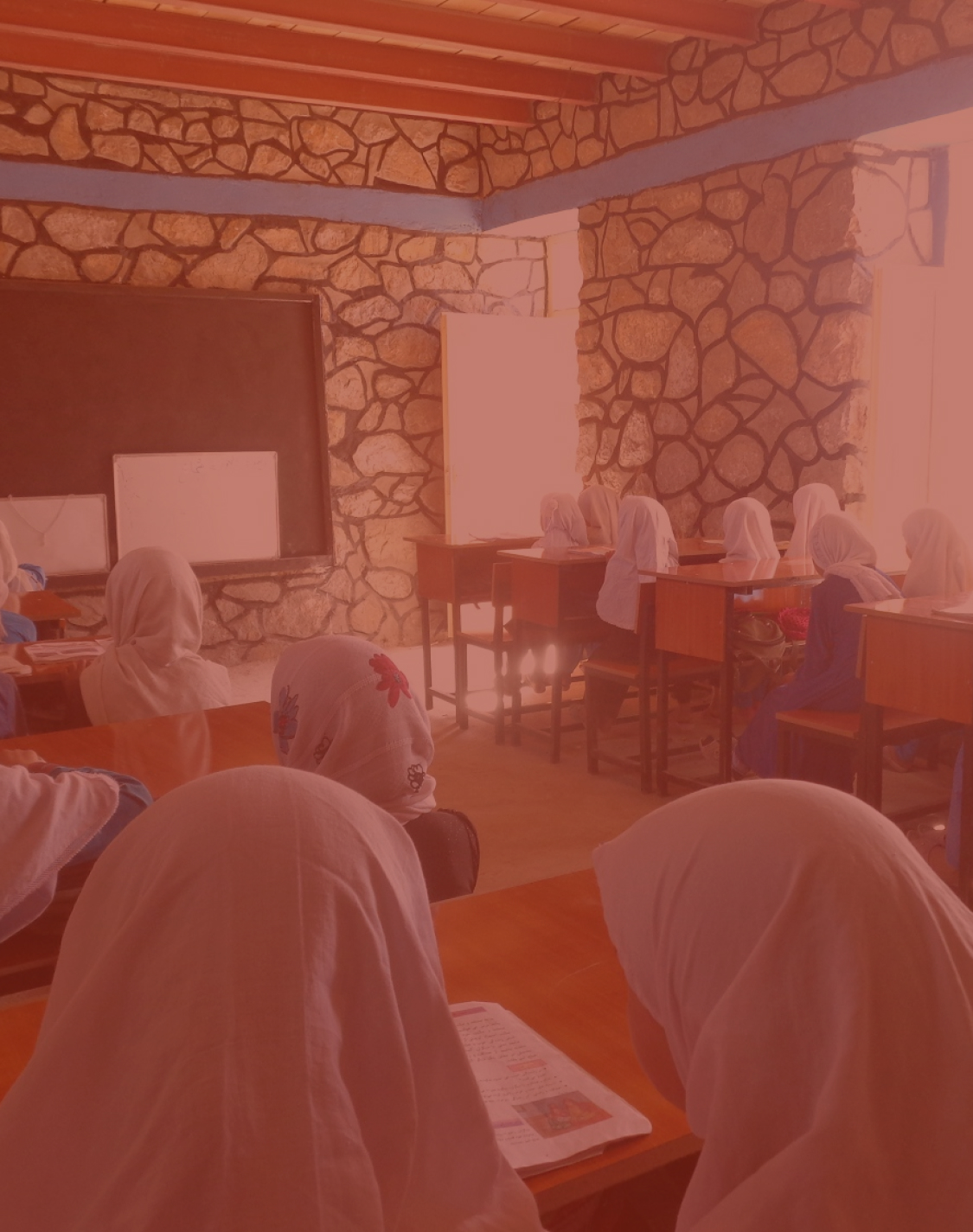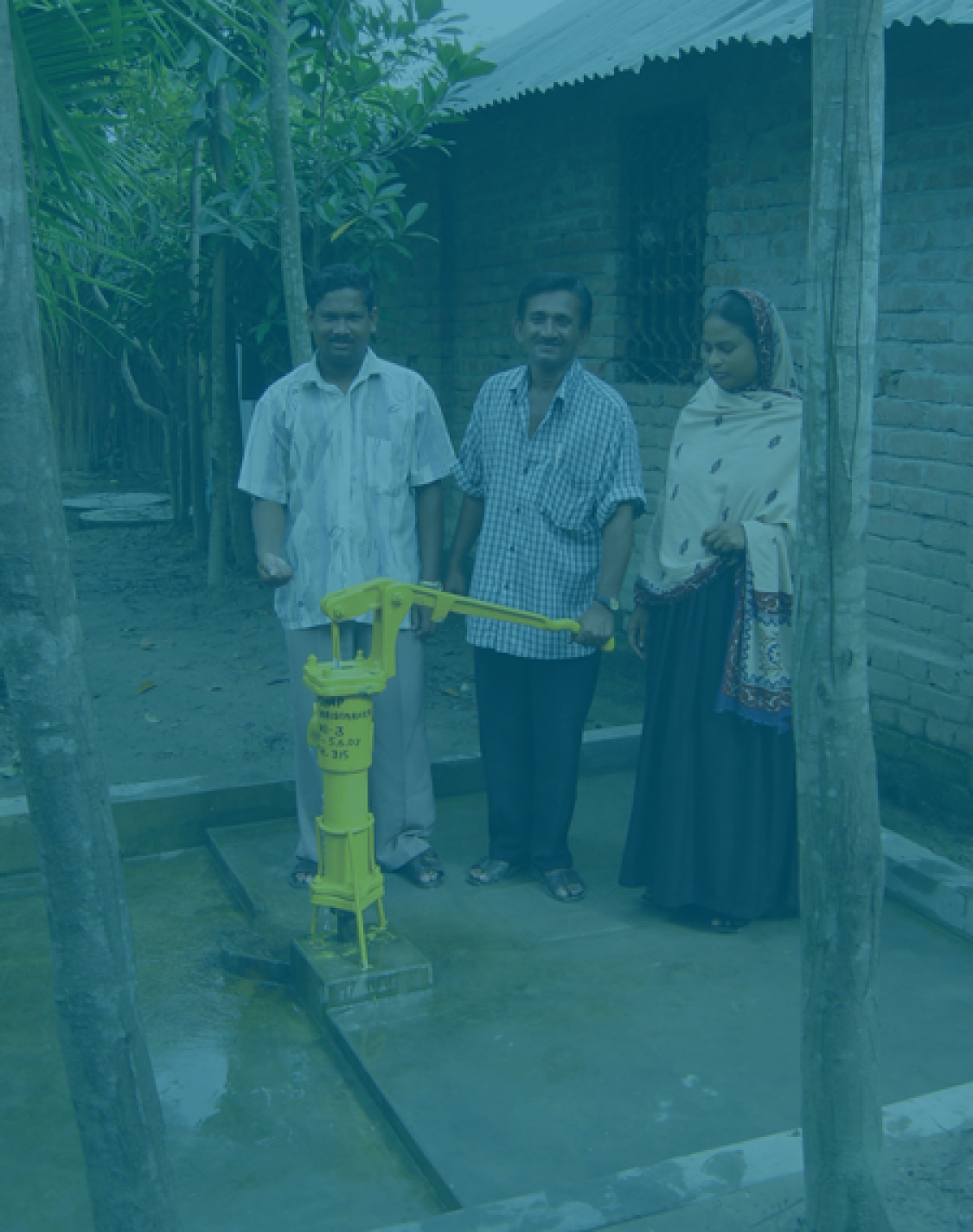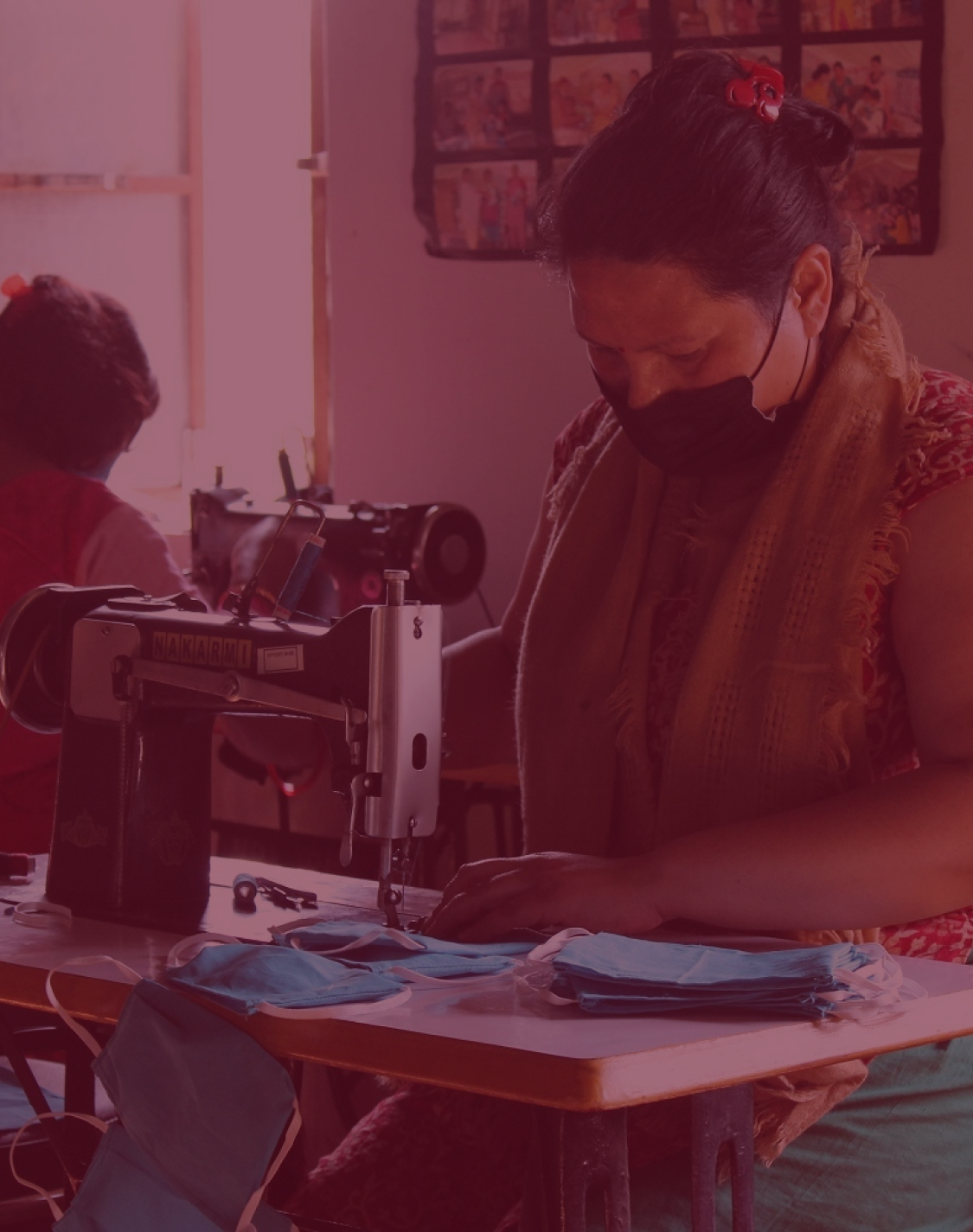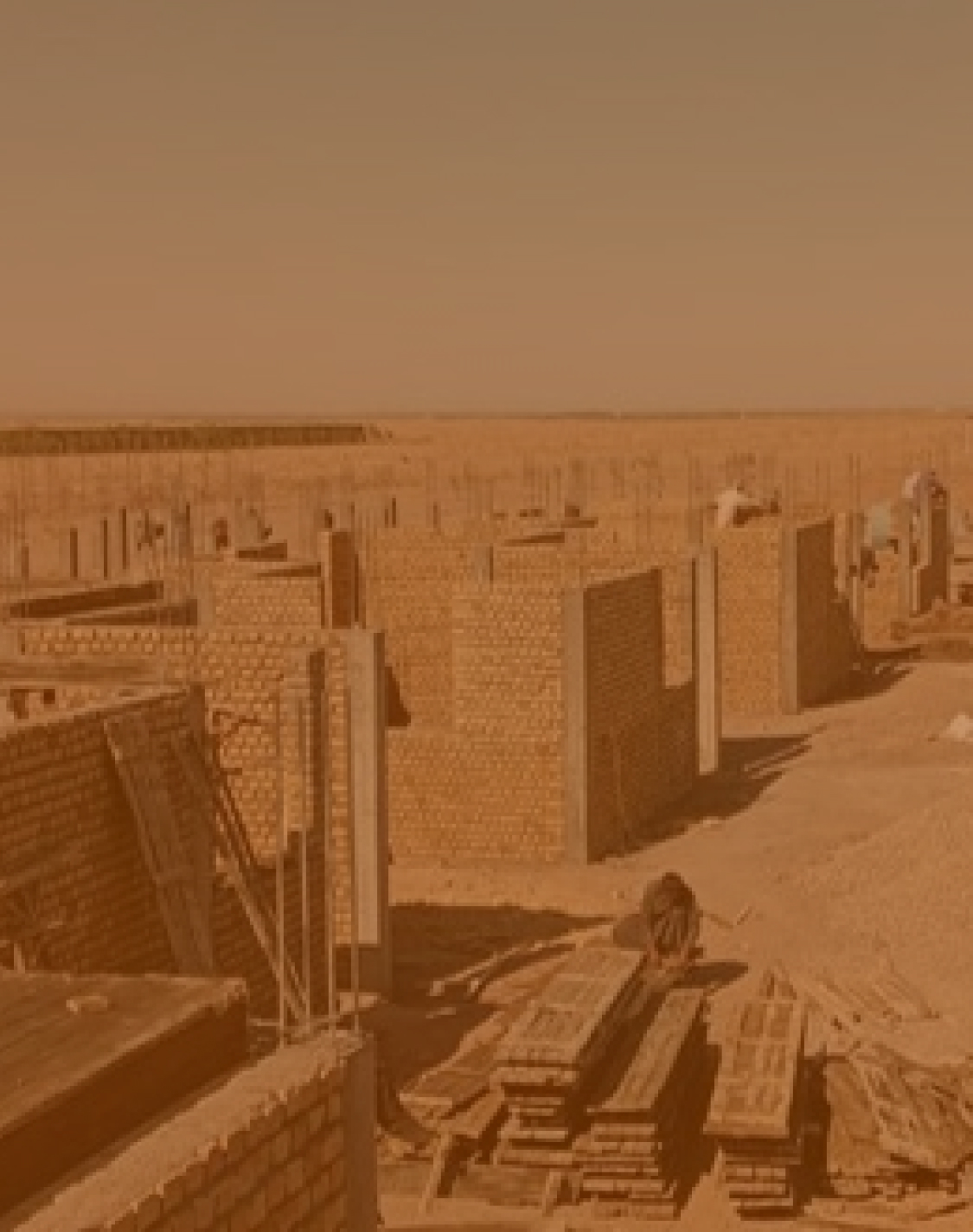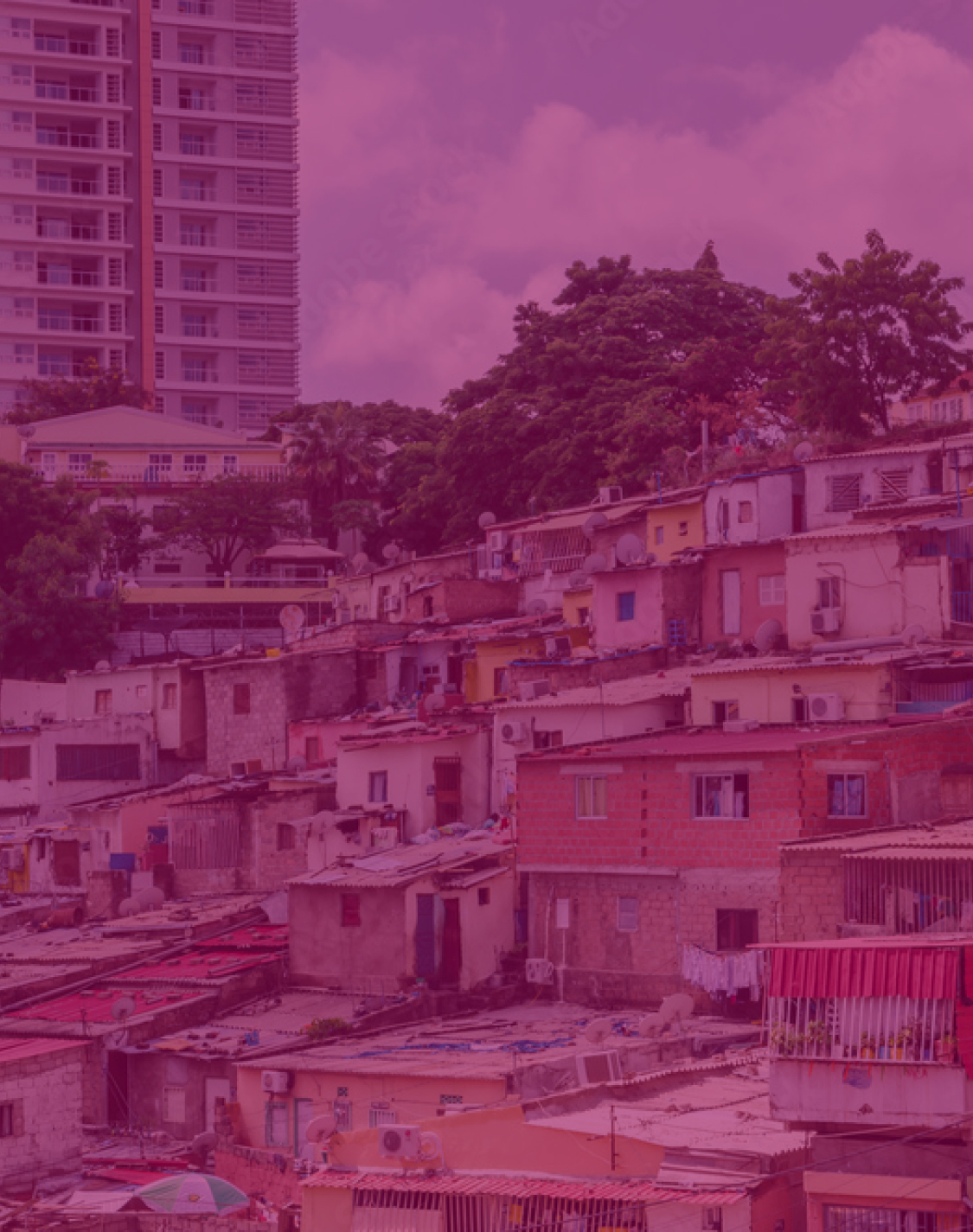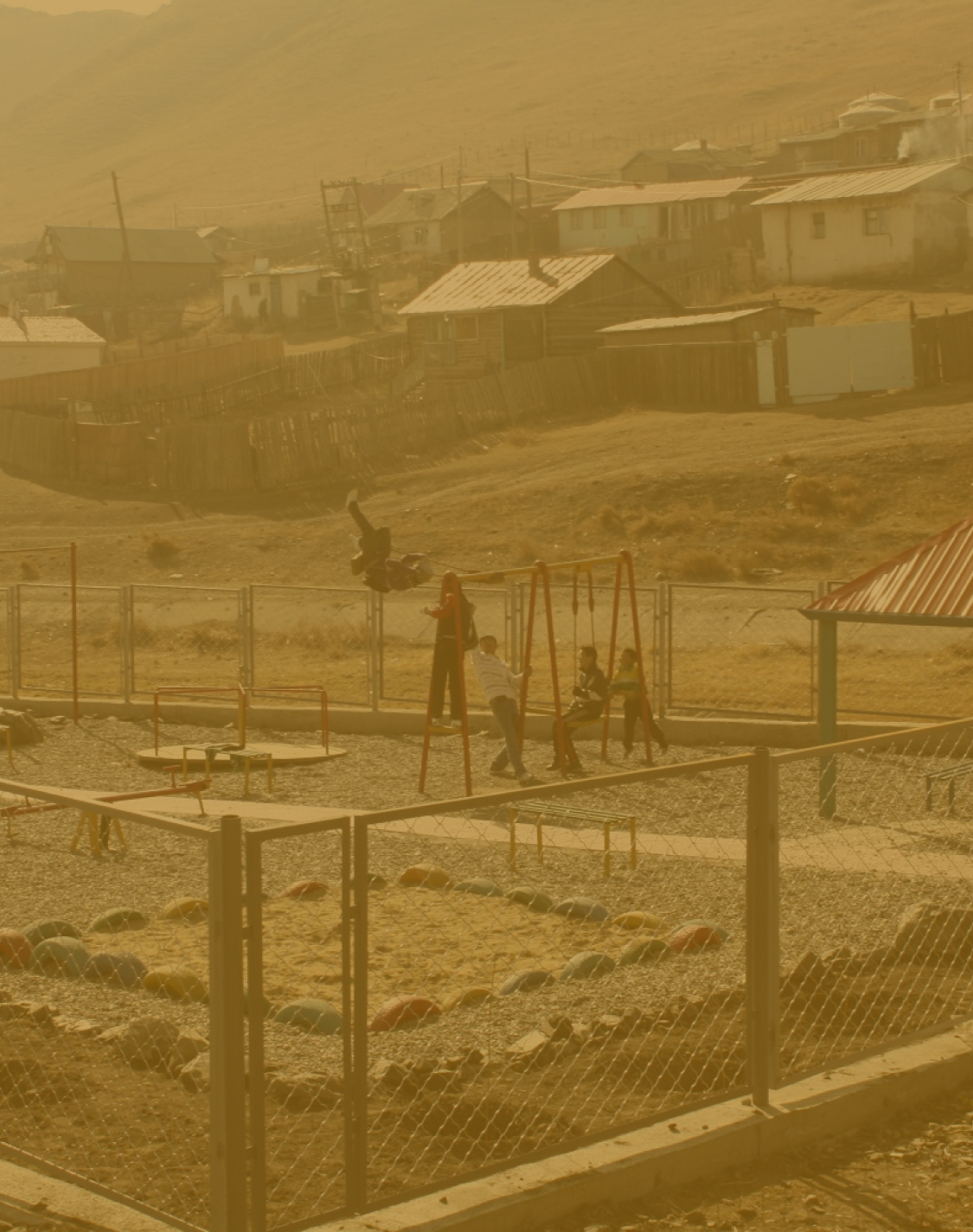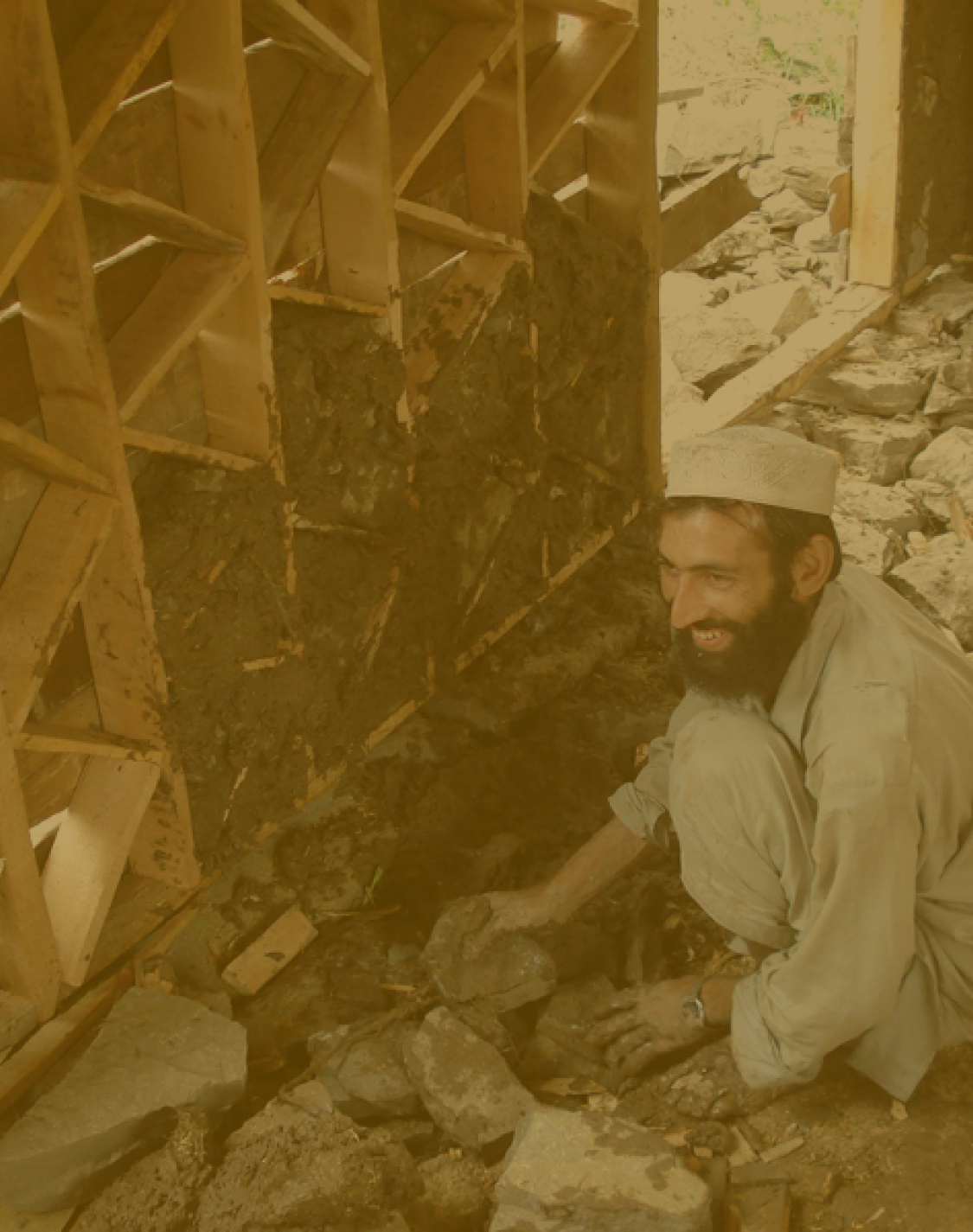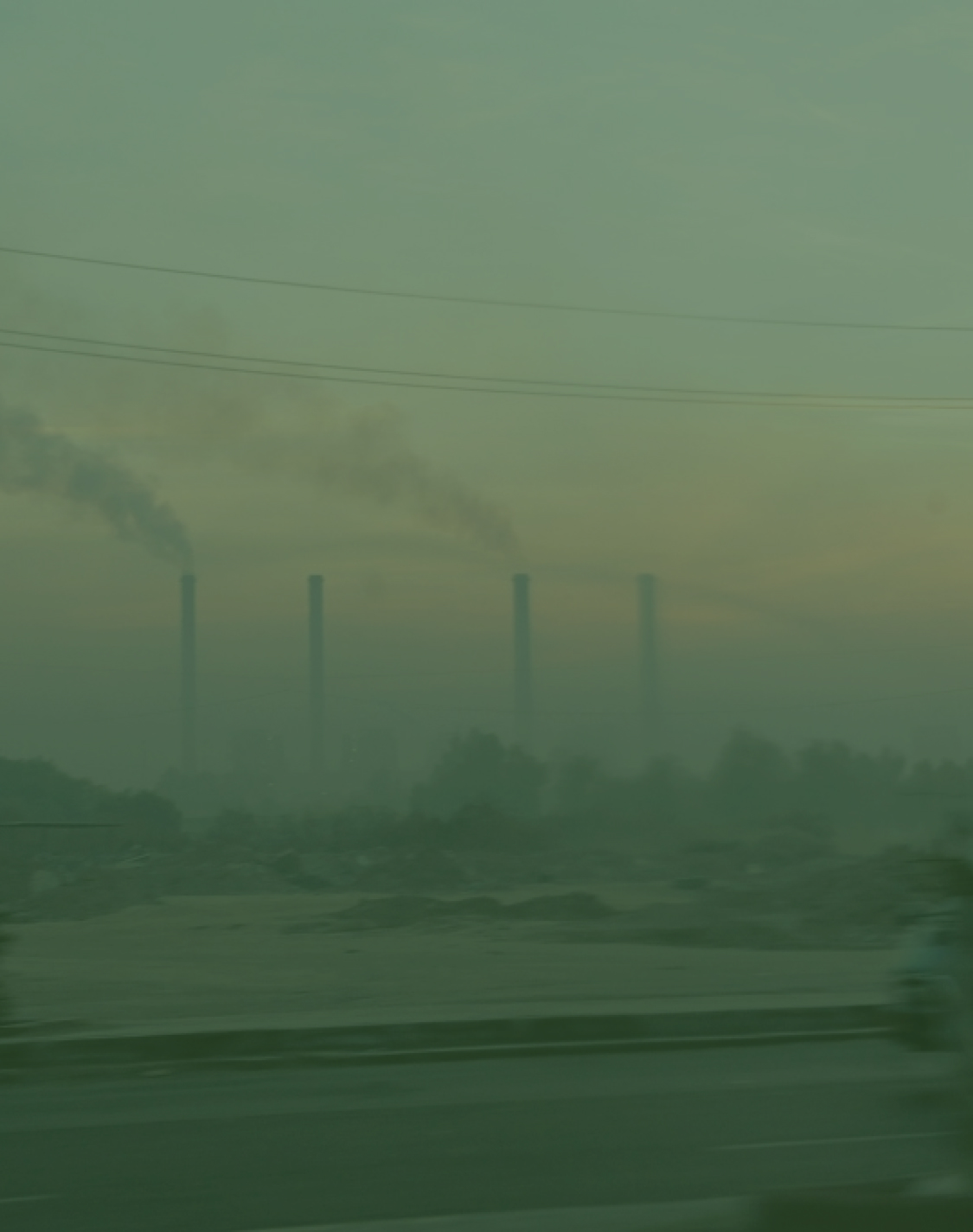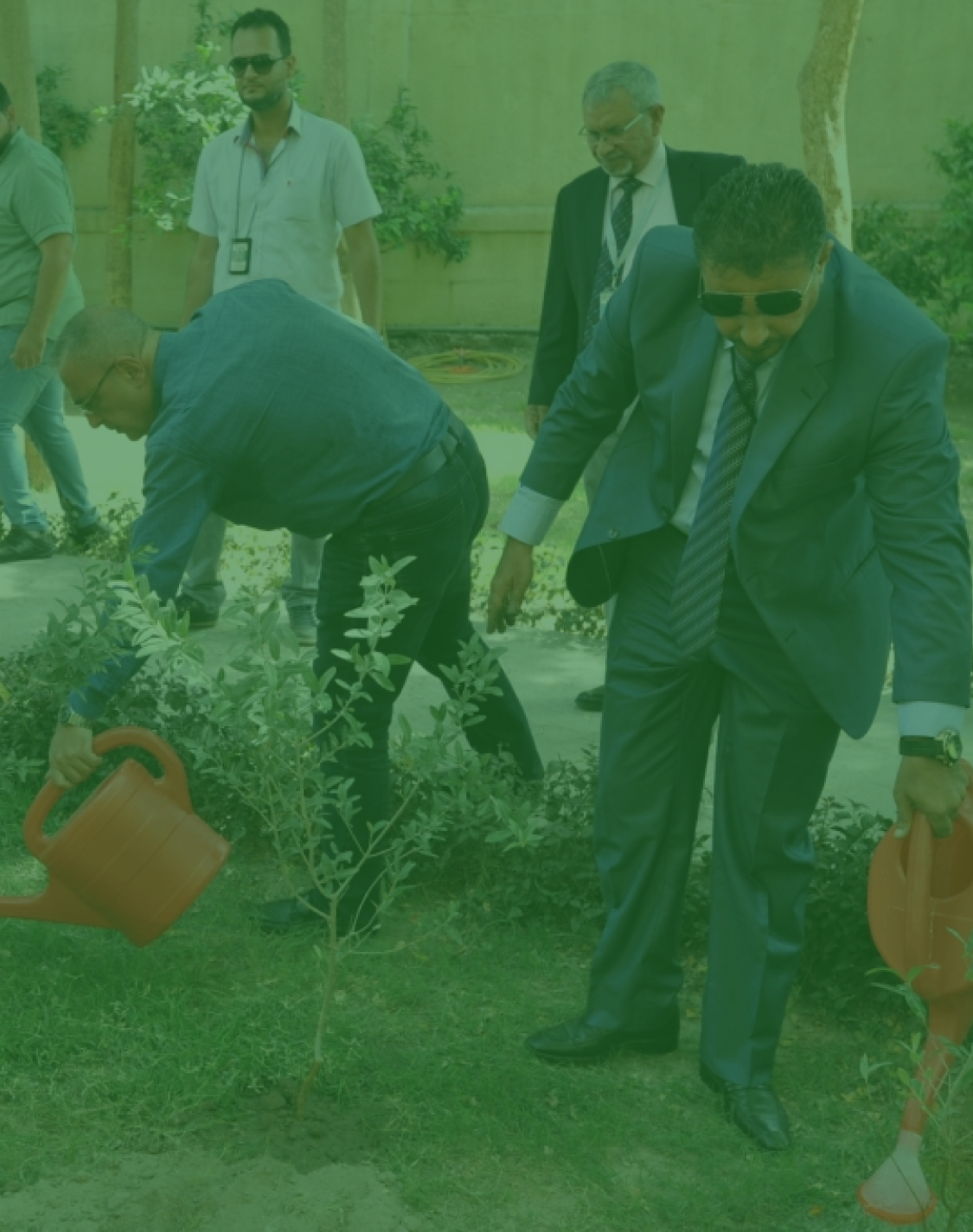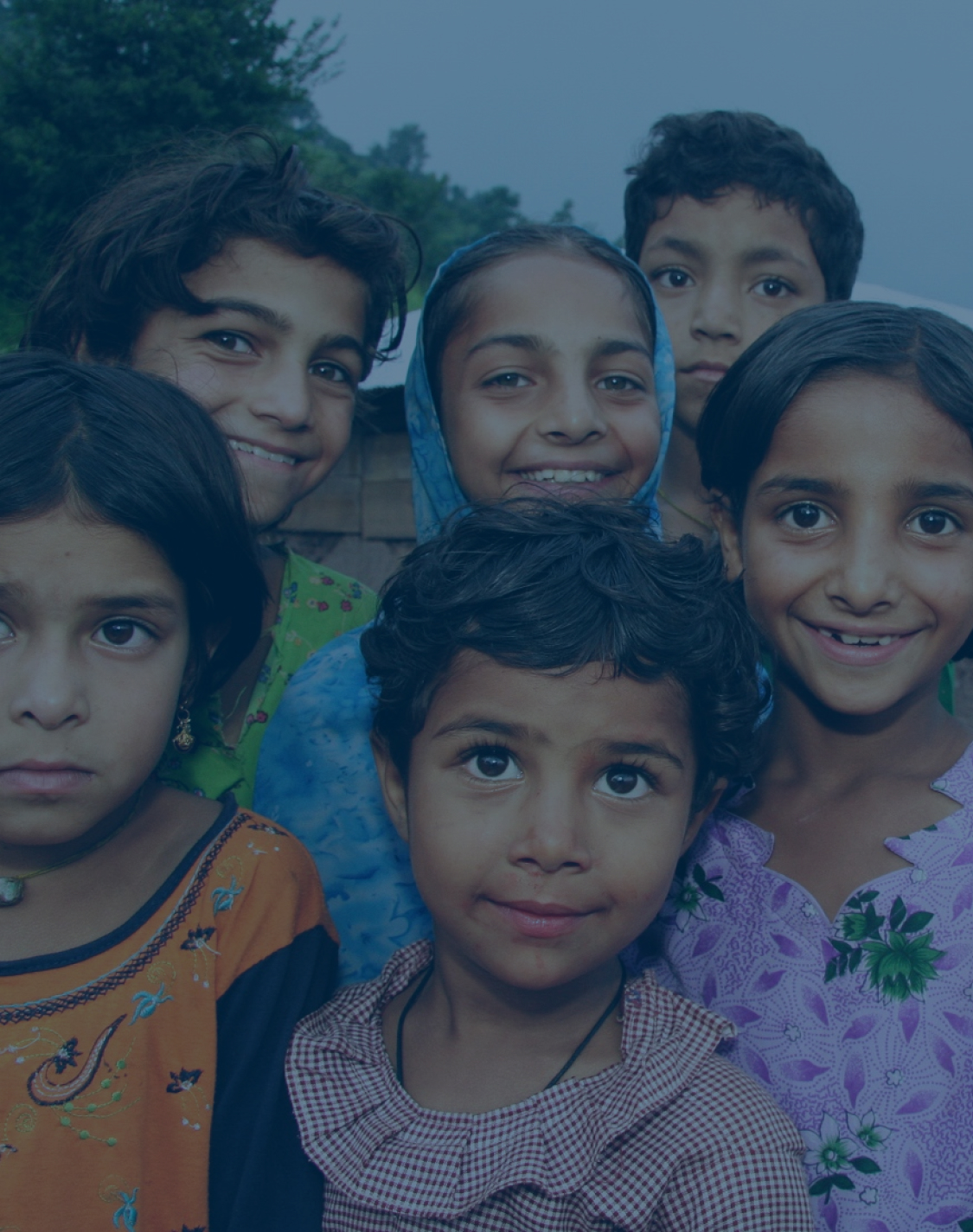A better quality of life for all in an urbanising world.
What do you call
home? a community? a city? a better urban future?
We call it UN-Habitat
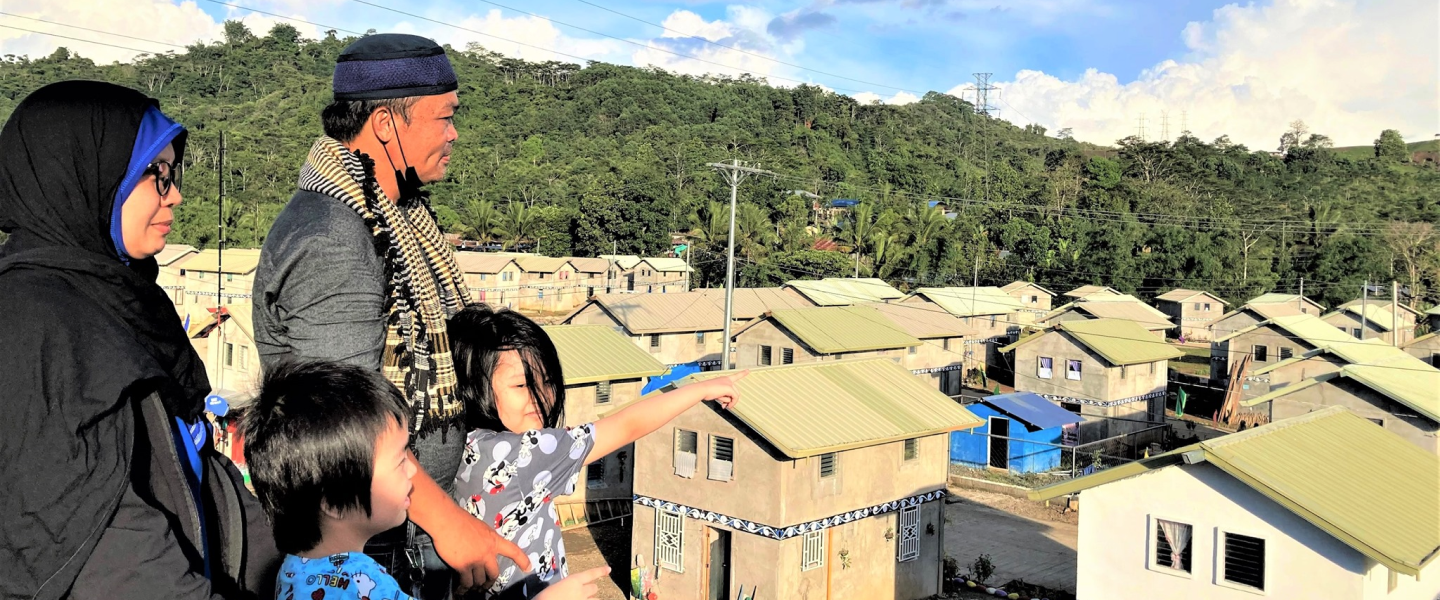
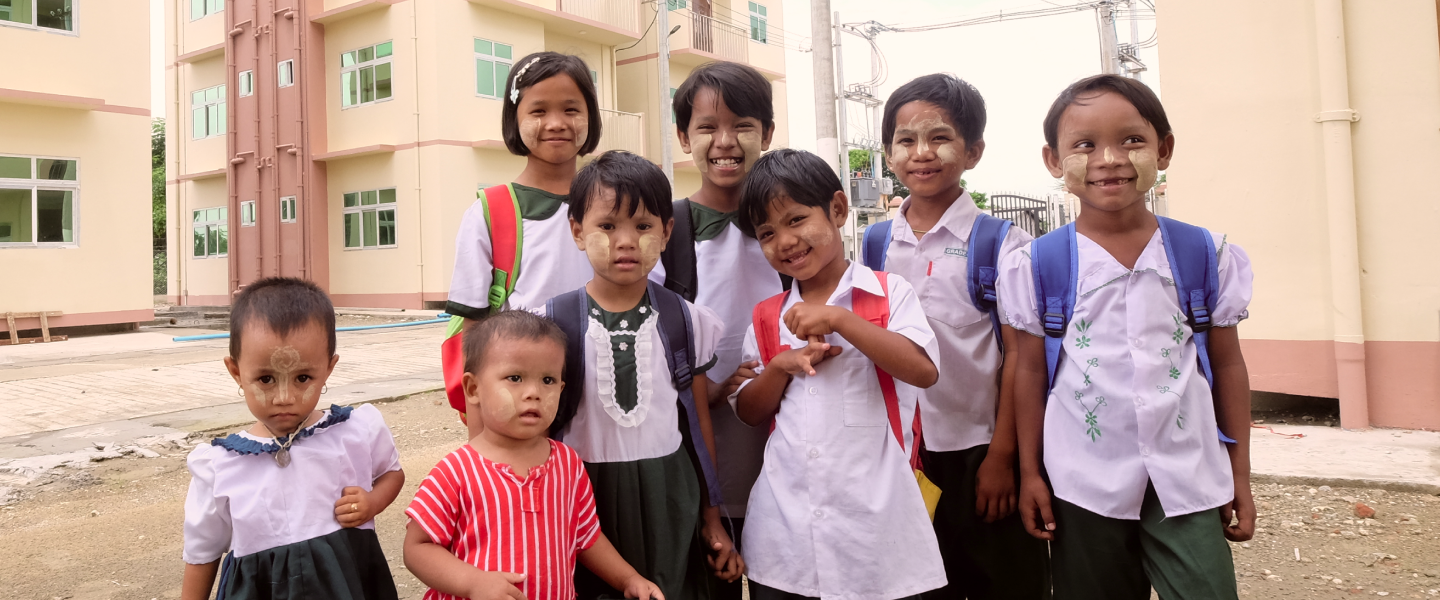
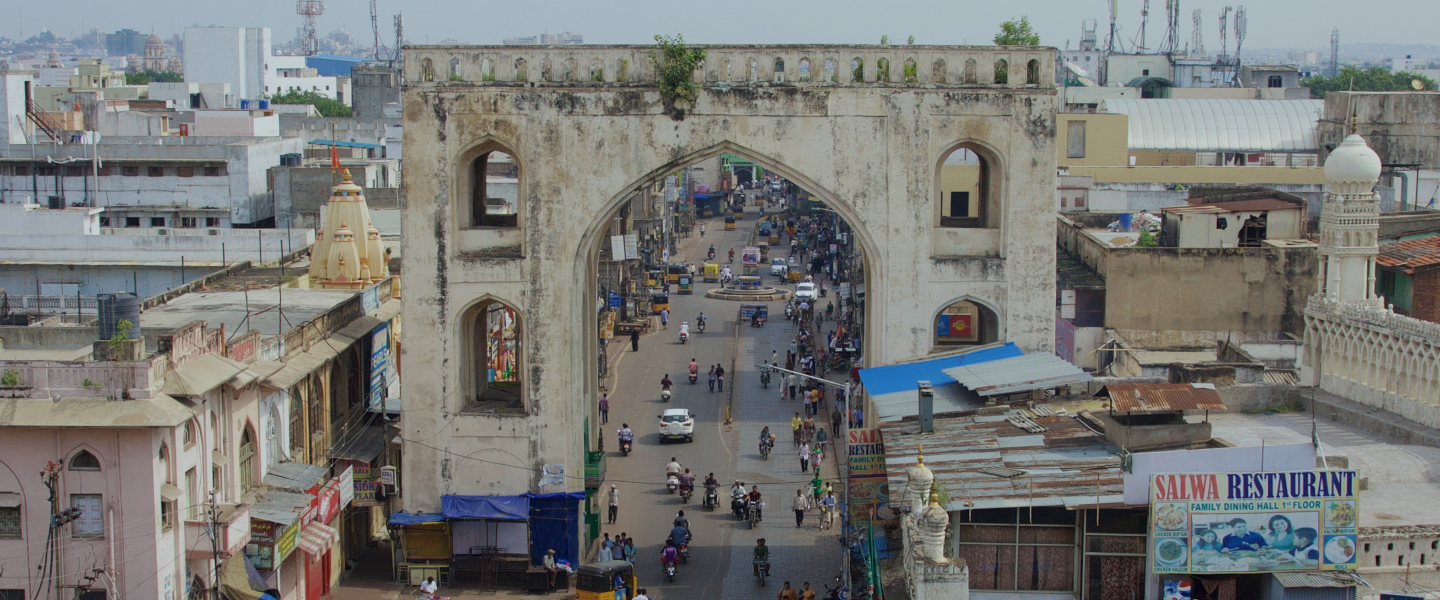
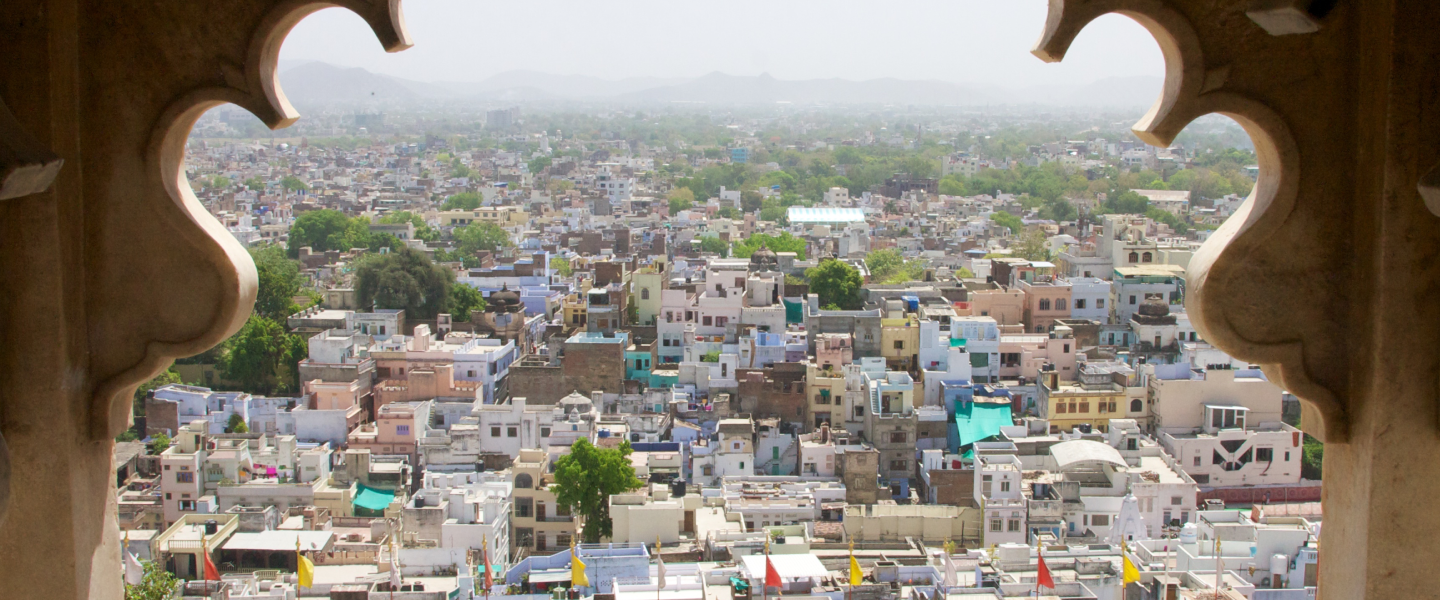
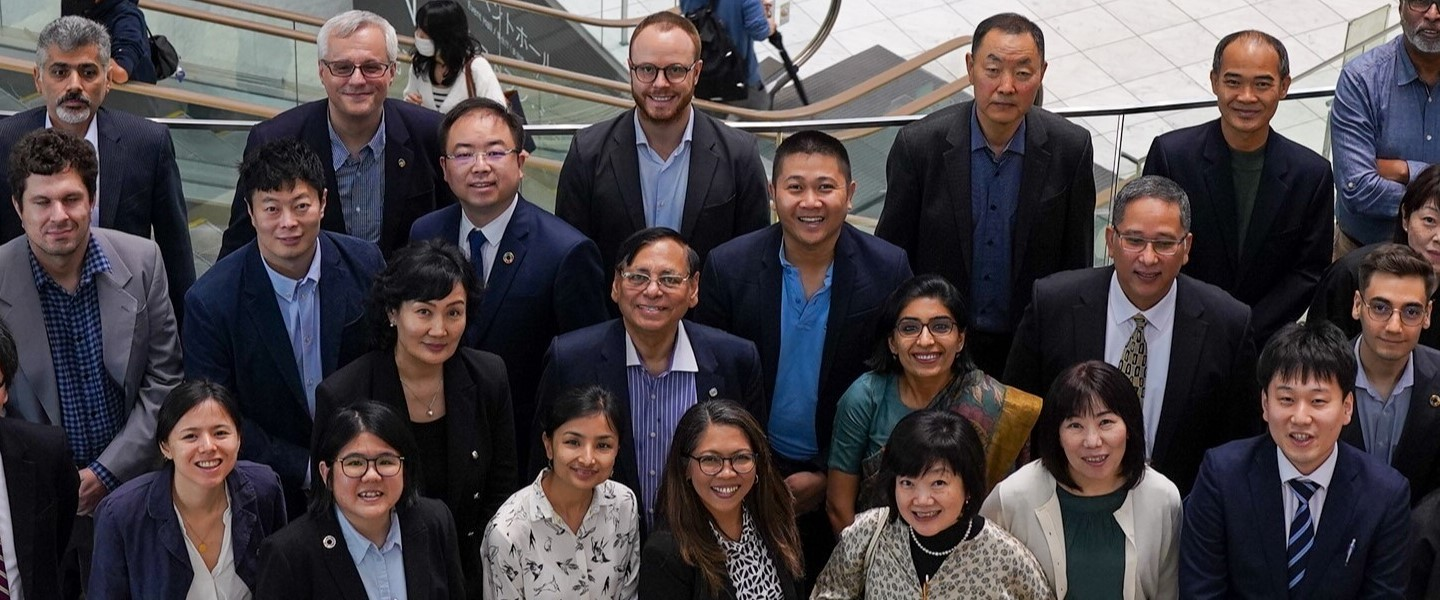
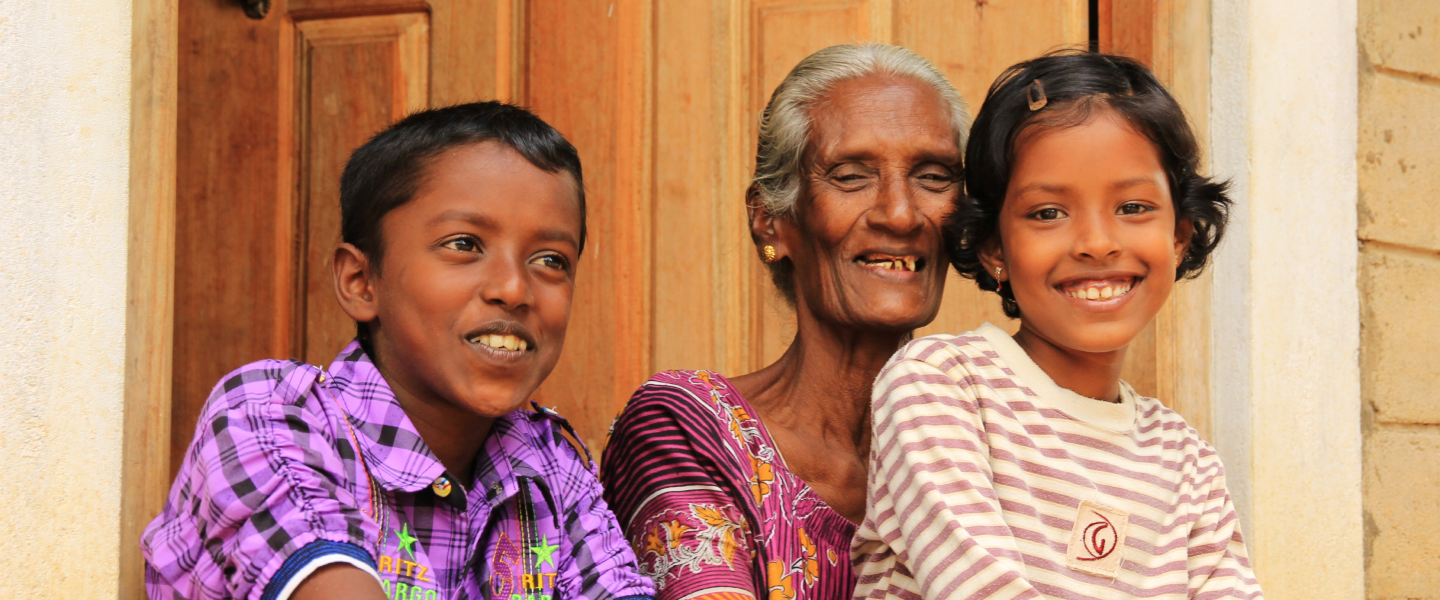
A better quality of life
for all in an urbanising world.
What do you call home? a community? a city? a better urban future?
We call it UN-Habitat
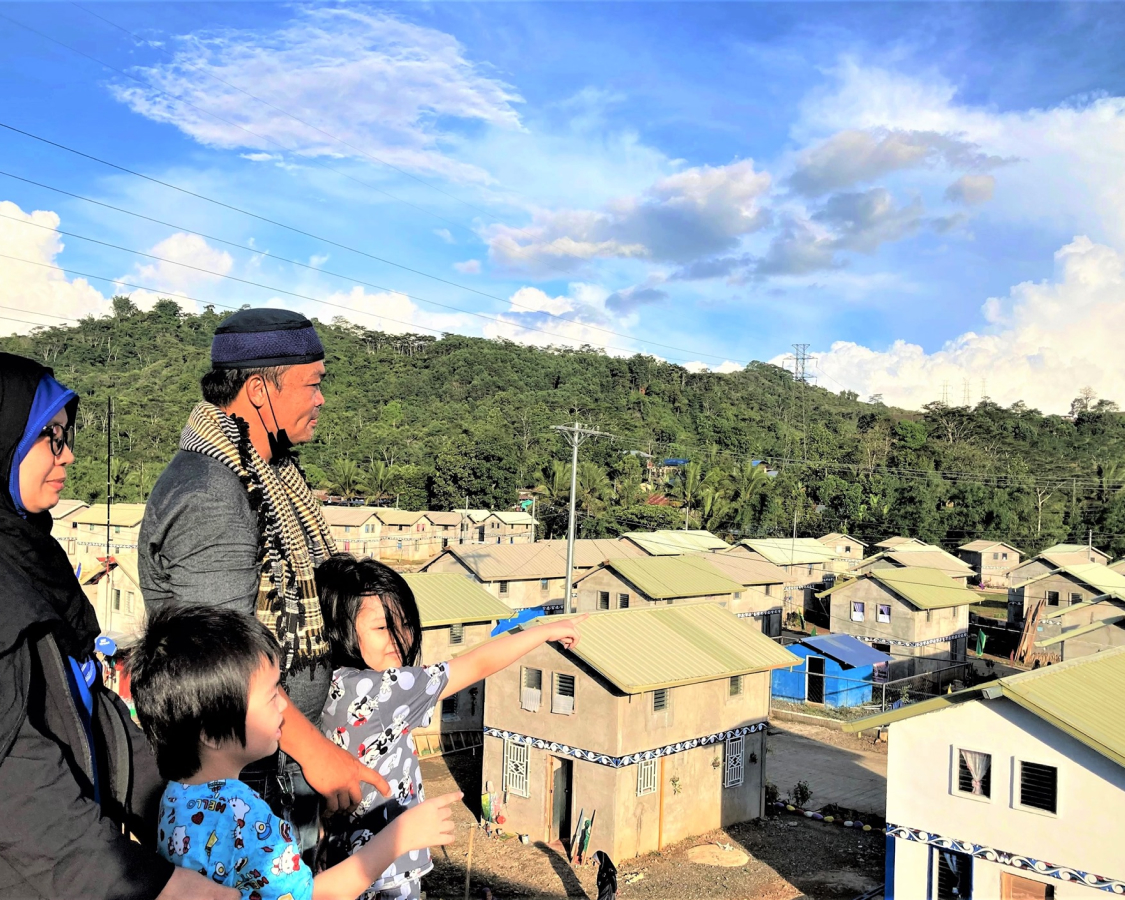
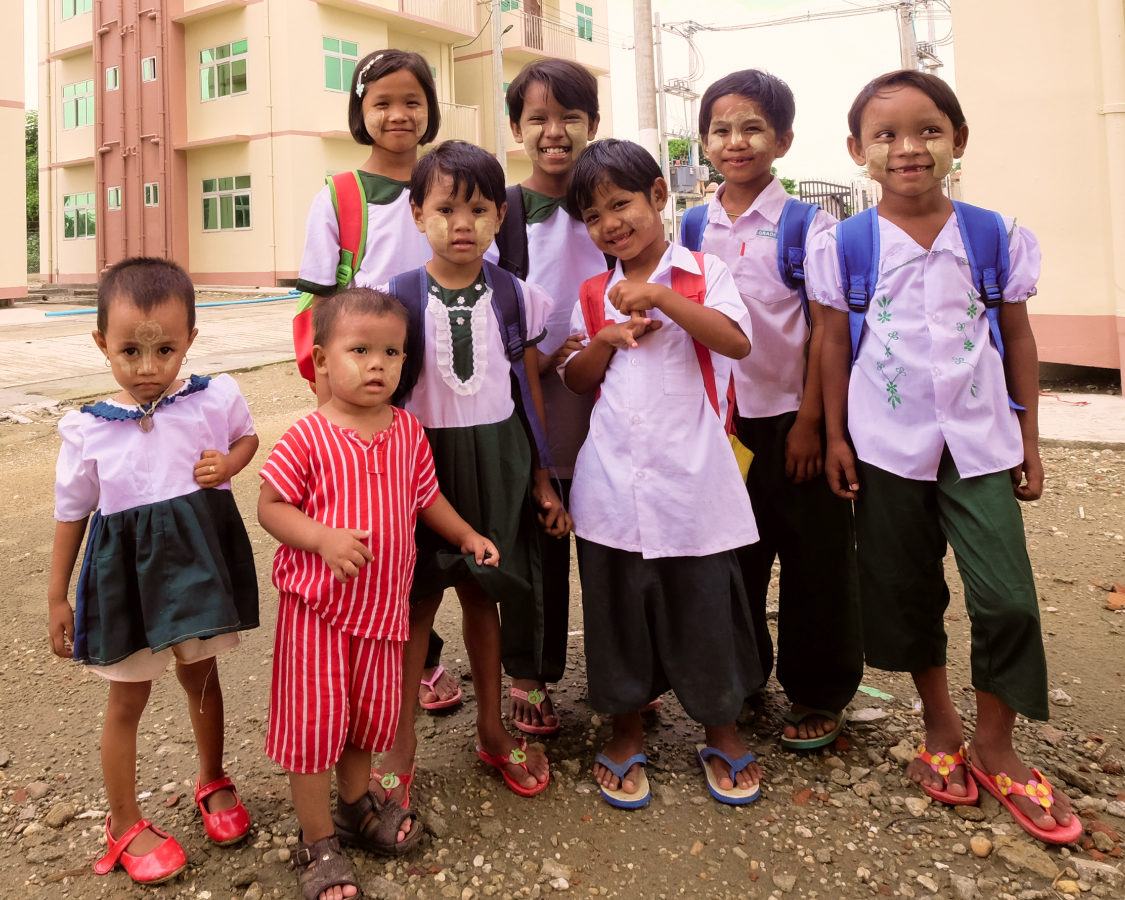
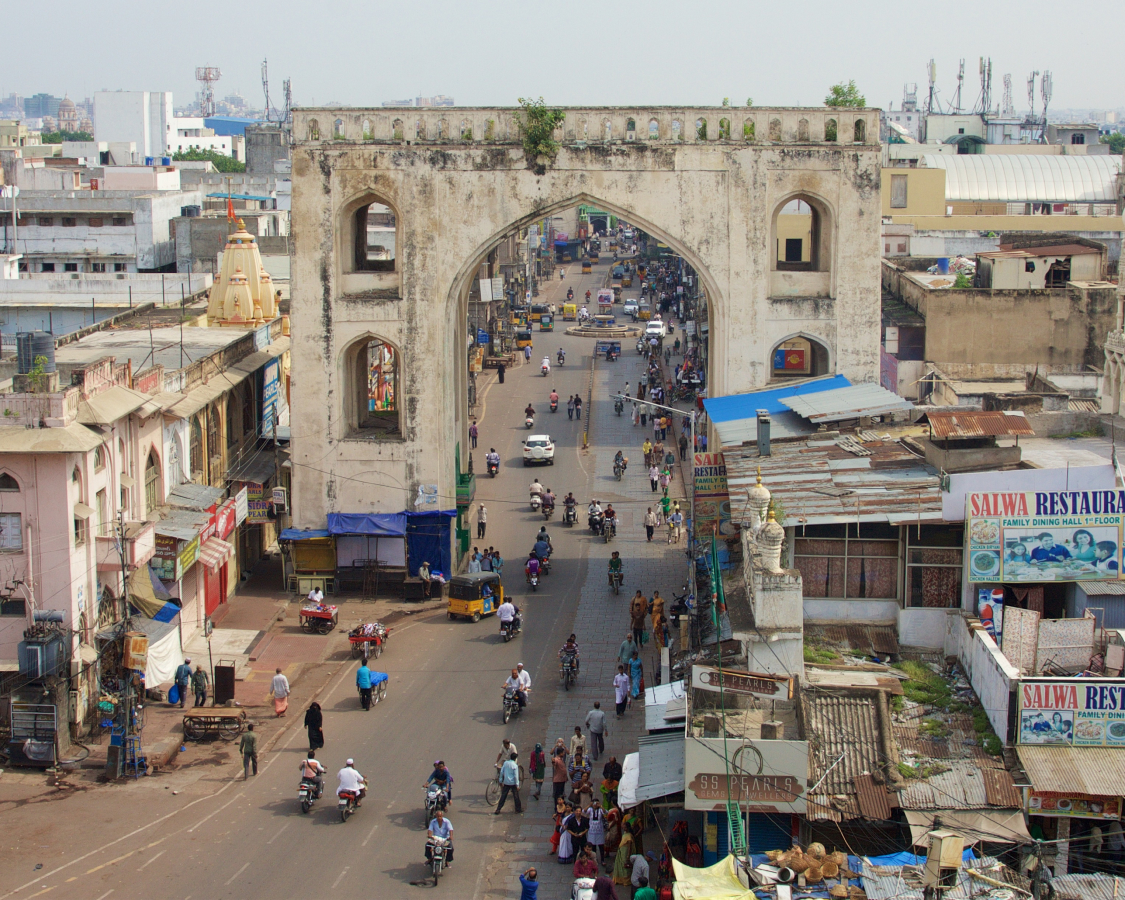
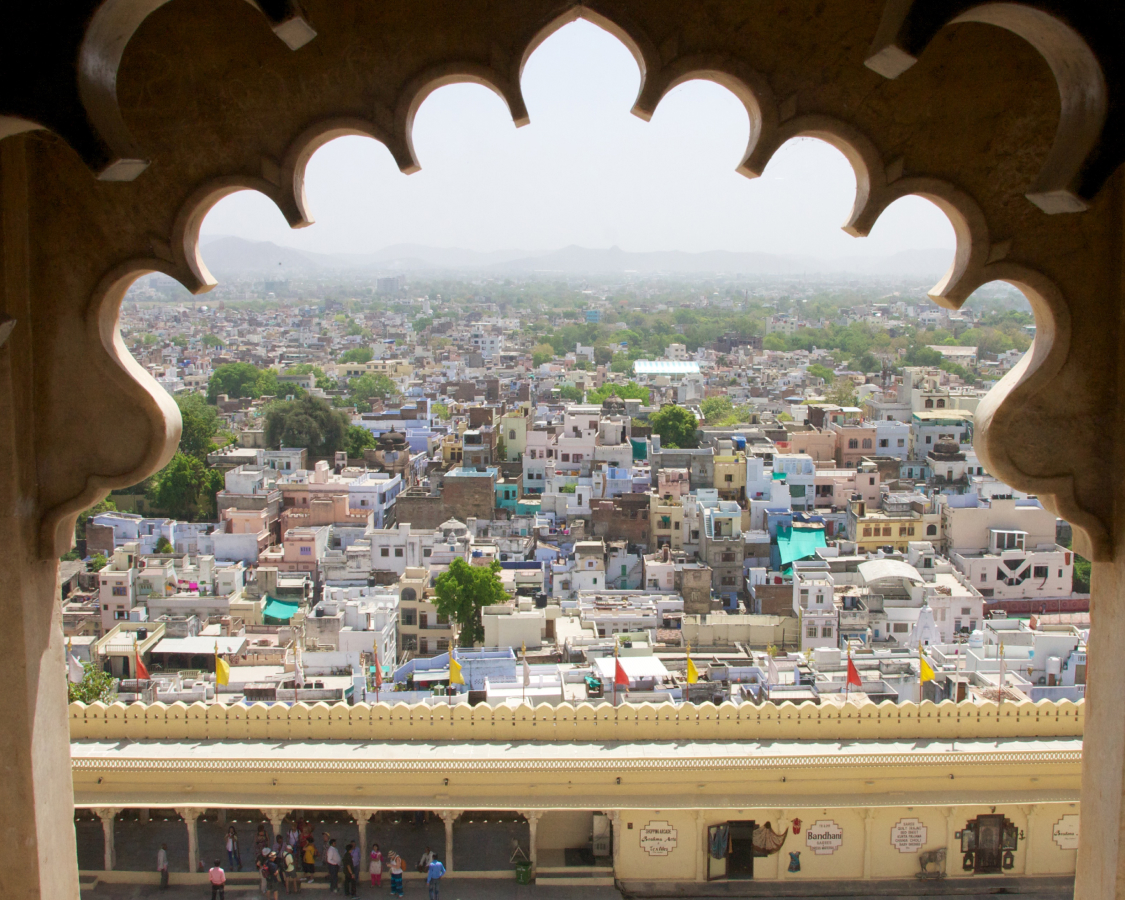
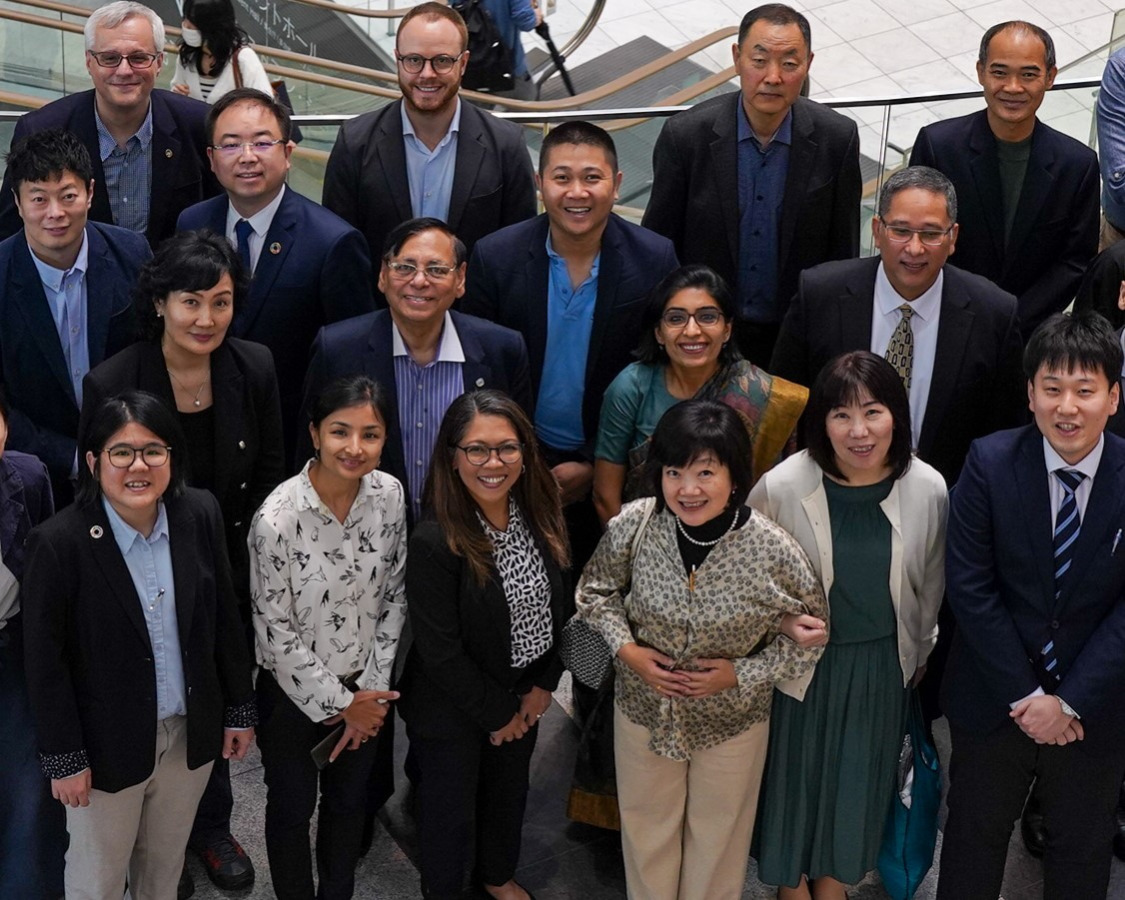
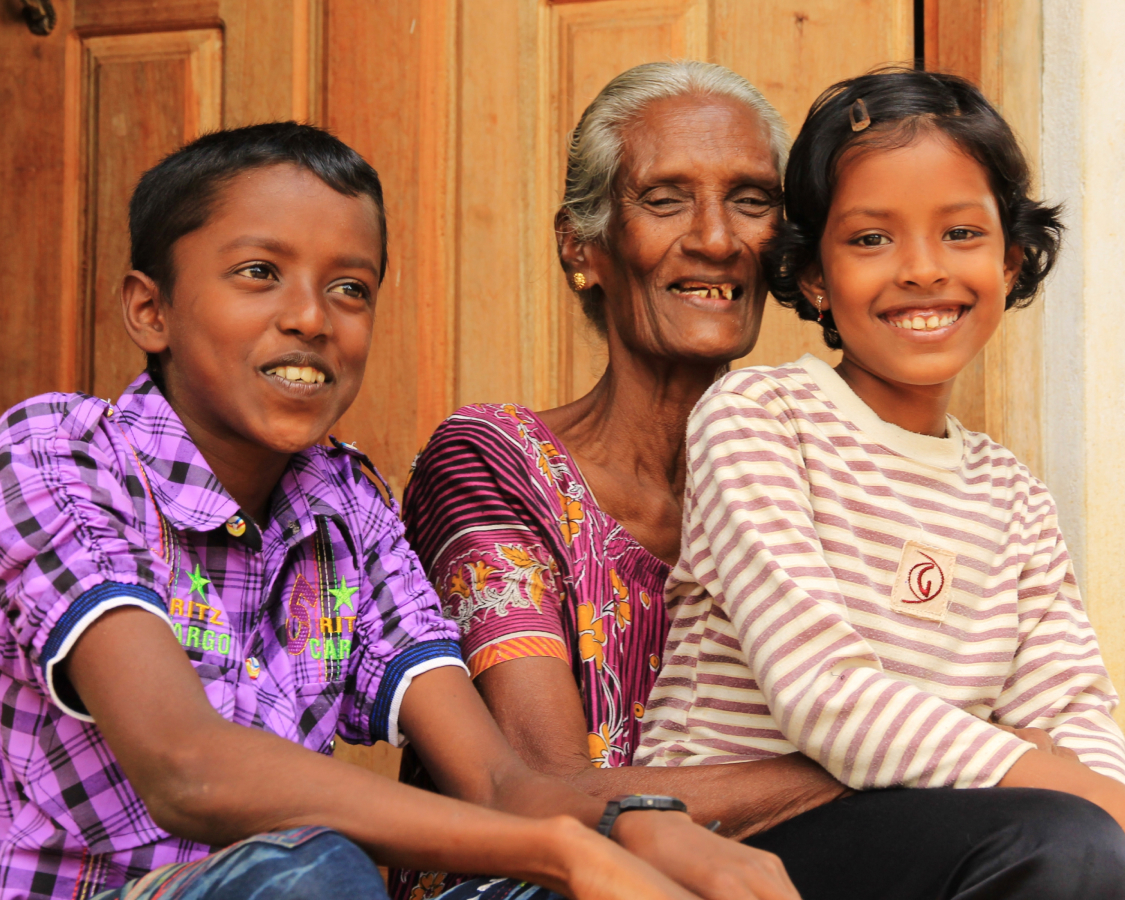
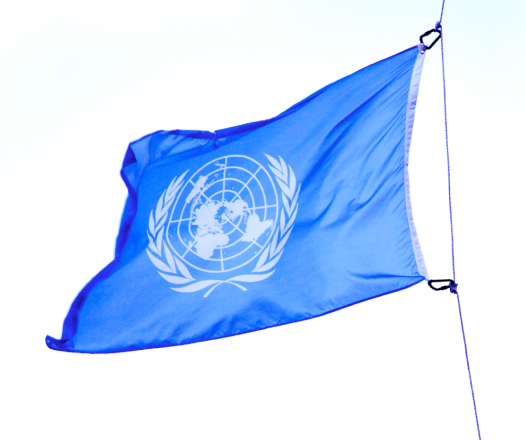
We call it UN-Habitat
The United Nations Human Settlements Programme, UN-Habitat, is the United Nations agency for human settlements. It is mandated by the UN General Assembly to promote socially and environmentally sustainable town and cities with the goal of providing adequate shelter for all.
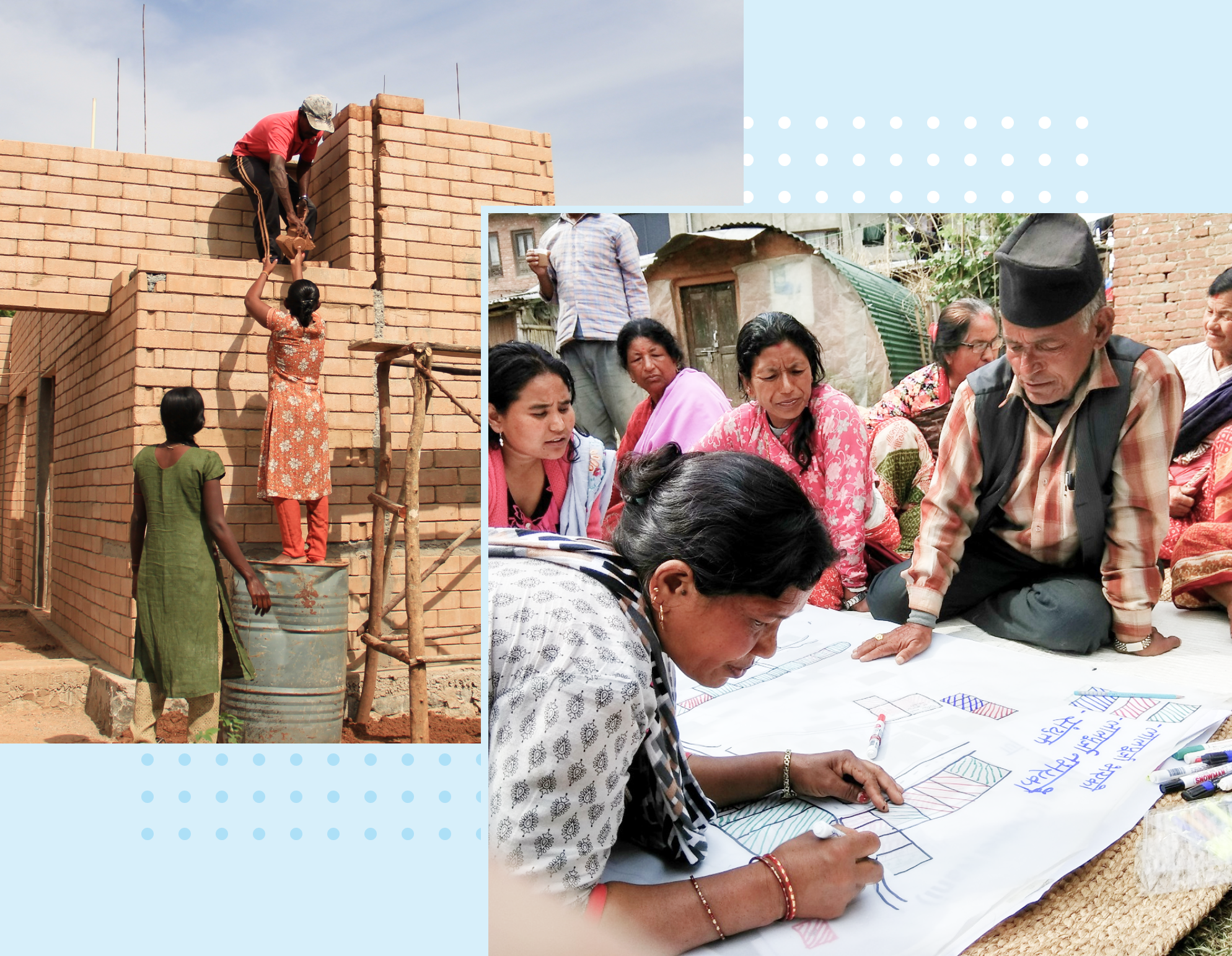
People’s Process
People at the Heart of their own Development
UN-Habitat ROAP has been implementing projects in 42 countries in the Asia Pacific region through an approach called the “People’s Process”. This process recognises residents as the main actors of change, and entrusts them with as much decision-making power and funding as possible.
Hand Wash Dance
Washing hands is an important preventive measure against COVID-19.
UN-Habitat Regional Office for Asia and the Pacific (ROAP) made an English version of “Hand Wash Dance” originally created by SHABONDAMA SOAP Co., Ltd. and RKB MAINICHI BROADCASTING CORP.
Let’s enjoy #HandWashDance and learn how to wash hands correctly!
Please post your video with #HandWashDance!
The Sustainable Development Goals are a universal call to action to end poverty,
protect the planet and improve the lives and prospects of everyone, everywhere.
Sustainable Cities and Communities
Half of the world’s population now live in cities, and this is projected to increase to two-thirds by 2050. Cities can solve many of the challenges our world faces. Urban areas drive innovation, consumption and investment worldwide, making them a positive and potent force for addressing sustainable economic growth, urban development and prosperity.
No Poverty
With humanity becoming increasingly urban, trends indicate poverty is also becoming increasingly urban. Sustainable urbanisation improves the lives of people in human settlements around the world and increases prosperity.
Zero Hunger
Sustainable urbanisation increases food security. The presence of cultivable land for farming provides food for urban areas and supports agricultural productivity whilst improving the livelihoods of rural populations.
Good Health and Well-Being
Through integrated urban planning, access to basic services, and access to decent and affordable housing, sustainable cities contribute to better health.
Quality Education
Inclusive and sustainable cities provide better access to education by the urban poor, women and girls. Inclusive and equitable education provides adequate skills for decent jobs and improved living conditions.
Gender Equality
Providing women and girls with equal access to education, health care, decent work, and representations in political and economic decision-making processes nurtures sustainable economies, and helps develop inclusive and sustainable cities.
Clean Water and Sanitation
Effective urban planning and urban water management systems ensure access to safe drinking water, sanitation and hygiene, and improve the quality and sustainability of water resources worldwide.
Affordable and Clean Energy
Access to clean and efficient energy systems is crucial for development of safe, resilient and sustainable cities, allowing them to grow and perform efficiently while reducing pollution and mitigating climate change.
Decent Work and Economic Growth
Inclusive and sustainable cities are a positive and potent force for addressing sustainable economic growth and prosperity, as they drive innovation, consumption and investment.
Industry, Innovation and Infrastructure
Investment in infrastructure, industrialization and innovation are key to making cities safe, resilient, inclusive and sustainable.
Reduced Inequalities
Sustainable cities address prevailing inequalities through better urban planning, design and governance, providing better opportunities for employment, affordable housing and accessible transport.
Sustainable Cities and Communities
Half of the world’s population now live in cities, and this is projected to increase to two-thirds by 2050. Cities can solve many of the challenges our world faces. Urban areas drive innovation, consumption and investment worldwide, making them a positive and potent force for addressing sustainable economic growth, urban development and prosperity.
Responsible Consumption and Production
Sustainable urbanisation uses natural resources innovatively and efficiently. These sustainable patterns of production and consumption increase cities productivity and reduce negative environmental impacts.
Climate Action
Sustainable cities provide real opportunities to mitigate and adapt to the effects of climate change, through environmentally sustainable and resilient urban design, development and governance.
Life Below Water
Sustainable urban planning and proper management of resources can reduce the pressure coastal cities put on the environment. Proper management of waste generated by cities prevents ocean pollution and protects biodiversity.
Life on Land
Sustainable urbanisation and better urban planning, including the development of green infrastructures and the safe management and treatment of waste, can conserve and restore terrestrial ecosystems.
Peace and Justice and Strong Institutions
Peaceful, inclusive and sustainable cities rely on the kind of institutions we build in cities. This impacts how we govern our cities as well as how we implement the process of urbanisation itself.
Partnerships for the Goals
Increasing international cooperation is seen as vital to achieving each of the 16 previous goals. Achieving the SDGs, including Goal 11, will only be possible if there are strong partnerships within and across with all the goals.
The 17 Goals were adopted by all UN Member States in 2015, as part of the 2030 Agenda for Sustainable Development which set out a 15-year plan to achieve the Goals.
Today, progress is being made in many places, but, overall,
action to meet the Goals is not yet advancing at the speed or scale required.
2020 needs to usher in a decade of ambitious action to deliver the Goals by 2030.
The 17 Goals were adopted by all UN Member States in 2015, as part of the 2030 Agenda for Sustainable Development which set out a 15-year plan to achieve the Goals.
Today, progress is being made in many places, but, overall,
action to meet the Goals is not yet advancing at the speed or scale required.
2020 needs to usher in a decade of ambitious action to deliver the Goals by 2030.
